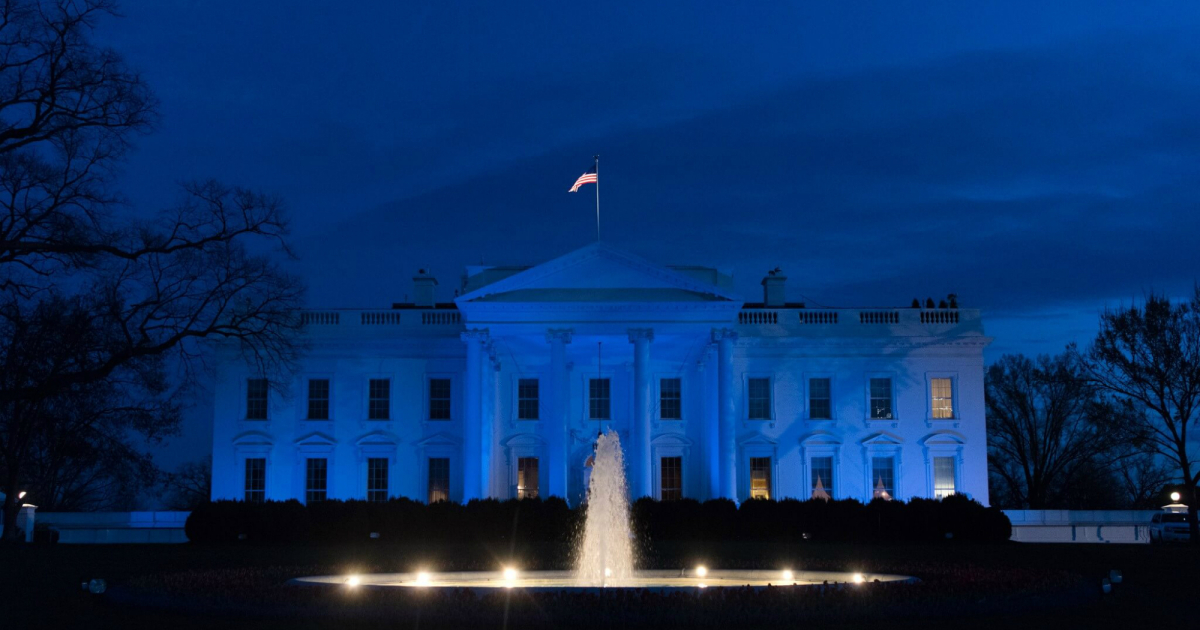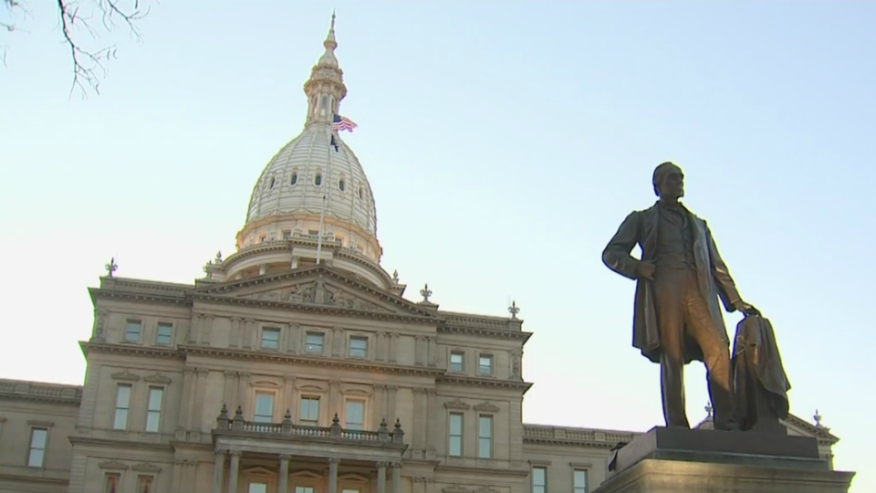Republicans who backed President Donald Trump’s failed effort for another term insisted they just wanted “answers” — even though they signed a brief seeking to overturn Michigan’s election.
Fifteen Michigan legislators and four of six of the state’s congressional Republicans filed legal briefs supporting a Texas lawsuit that sought to delay Monday’s Electoral College vote and block electors from Michigan, Pennsylvania, Wisconsin and Georgia from participating.
The U.S. Supreme Court denied the request Friday, after Bridge Michigan reached out to the lawmakers to understand their rationale for supporting a lawsuit that critics said supported “authoritarian, anti-democracy efforts” to satisfy Trump’s “tiny fragile ego.”
By and large, Republicans who signed onto the lawsuit either didn’t return calls or said they sought to protect the integrity of the election, even though no court found any evidence of fraud in the election Democratic presidential Joe Biden won in Michigan by 154,000 votes.
Republicans like state Rep. Gary Eisen said they signed the brief to give legislative committees more time to investigate the Michigan election.
Speaking hours before the decision, Eisen said that if the lawmakers’ probe revealed ”that this is just one big mess,” then voters should “trust” the GOP-led Legislature to pick their own electors, said Eisen, of St. Clair Township.
He told Bridge Michigan he doesn’t have a responsibility to honor the popular vote, saying “if it’s wrong” it would be “like me agreeing with a crime.”
“There’s just too many unanswered things going on,” he said. “That causes confusion. To put this whole thing to rest we just have to pursue every avenue we can to get the right answers. If it comes out one way, I’ll accept it. If it comes out the other way, I’ll still accept it.”
State Rep. Michelle Hoitenga, R-Manton, offered a similar explanation to Bridge.
“I’m not out to overturn the election,” state Rep. Michelle Hoitenga, R-Manton, said after signing a legal brief that would allow the Legislature to do just that.
“I just want to pause for a moment and have time to make sure that everybody’s concerns are addressed.”
The suit claimed election officials in Michigan and other states “gutted the safeguards for absentee ballots through non-legislative actions” during the COVID-19 pandemic. And it repeats dubious allegations GOP poll challengers were denied legal access to Detroit’s absentee counting board.
Many of those claims have been rejected by Michigan courts, which have deemed Republican witnesses “not credible” and found Secretary of State Jocelyn Benson acted lawfully when she mailed out absentee ballot applications to voters across the state.
“Our election has been certified,” Michigan Attorney General Nessel, a Democrat, said Thursday on CNN. “It’s been upheld by every court in which it’s been challenged. And in fact, Texas has failed to identify a single voter who voted in Michigan who should not have, let alone any evidence of widespread voter fraud.”
The brief signed by GOP state legislators repeats false claims about the TCF Center in Detroit, where absentee ballots were counted. The brief wrongly alleges the city “backdated” late-arriving ballots, which election officials say was a procedural step to remedy minor clerical errors made at satellite offices before Election Day.
Texas also makes a wild claim that all 174,000 absentee ballots counted in Detroit were not “tied to a registered voter” so should not count. In reality, Detroit counted about 150 fewer absentee ballots than listed voters, an undercount, not an overcount that would suggest illegal votes.
Notably, Michigan House Speaker Lee Chatfield, R-Levering, and Senate Majority Leader Mike Shirkey of Clarklake did not join the legal challenge.
Nor did state Rep. Matt Hall of Marshall and Sen. Ed McBroom of Vulcan, Republicans who are leading the ongoing legislative inquiry into the election, which Hall said could take “months” to complete and aims to inform policy discussions.
Chatfield’s “position has not changed,” said spokesperson Gideon D’Assandro. “The Michigan Legislature will follow the law, and Michigan’s electors will go to the candidate who received the most votes.”
Bridge Michigan on Friday reached out to all 19 Michigan Republicans in Congress and the state Legislature who signed onto legal briefs to ask why they disagree. Only a handful answered or returned calls, some issued statements and others did not respond.











